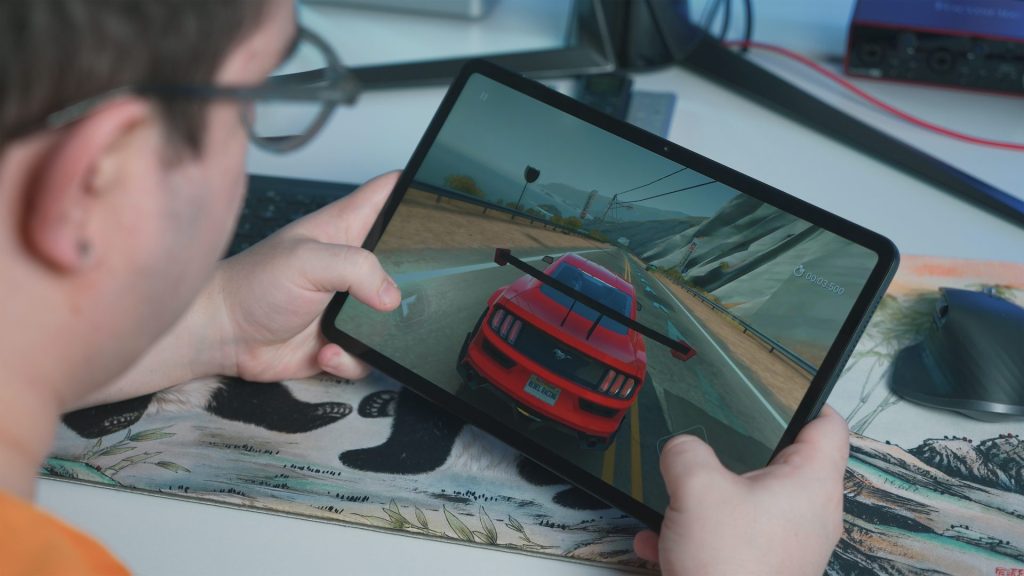Are you tired of hearing that video games are a waste of time? Well, it’s time to put those negative stereotypes aside and recognize the benefits that gaming can bring. One of these benefits is improved problem-solving skills, especially in children. Gaming offers unique challenges that require quick thinking and creative solutions. In this blog post, we will explore how gaming can help children develop their problem-solving abilities and why parents should encourage game playtime alongside sports activities for their kids!
What is Problem-Solving?
Problem-solving is an important skill that involves the ability to identify, analyze and solve problems. It requires a combination of critical thinking, creativity, and strategic planning. At its core, problem-solving is about finding solutions to complex issues or challenges.
In essence, problem-solving means taking a step-by-step approach to examine a situation or challenge from different angles. This can involve breaking down the problem into smaller parts in order to gain clarity on what needs to be solved. From there, potential solutions can be identified and evaluated based on their feasibility and effectiveness.
Successful problem solvers are able to think outside the box and come up with creative solutions even when faced with difficult obstacles. They are skilled at analyzing information from different sources in order to make informed decisions that lead towards positive outcomes.
Developing strong problem-solving skills can help individuals tackle everyday challenges more effectively while also preparing them for success in their professional lives. And gaming provides an excellent platform for honing these skills!
The Role of Gaming in Problem-Solving
Gaming has become an increasingly popular pastime for children in recent years. While some parents may see gaming as a frivolous activity, it can actually have numerous benefits for their child’s development. One of these benefits is improved problem-solving skills.
Problem-solving involves using critical thinking and analytical skills to find solutions to challenges or obstacles that arise. In many games, players are faced with various problems they must solve in order to progress through the game. This could involve solving puzzles, completing tasks, or overcoming obstacles.
By playing games that require problem-solving skills, children can develop these important cognitive abilities without even realizing it. They learn how to approach challenges from different angles and come up with creative solutions on their own.
Furthermore, gaming provides a safe environment for children to make mistakes and learn from them without any real-life consequences. As they play games and encounter problems they cannot immediately solve, they often need to try different approaches until they find one that works.
The role of gaming in problem-solving is significant because it helps cultivate key cognitive abilities in children while providing a fun and engaging experience at the same time.
How Gaming Can Improve Problem-Solving Skills in Children
Gaming is often seen as a form of entertainment, but it can also be an effective tool for improving problem-solving skills in children. When playing games, children are required to make decisions quickly and think critically about the consequences of their actions. This helps them develop the ability to solve problems efficiently.
One way that gaming improves problem-solving skills is by providing immediate feedback. In many games, players receive instant feedback on their choices and can adjust their strategy accordingly. This helps children learn how to evaluate different options and make informed decisions based on the information available.
Furthermore, games often require players to tackle complex challenges that have multiple solutions. This encourages children to think creatively and come up with innovative ways to solve problems rather than relying on rote memorization or predetermined strategies.
Additionally, multiplayer games provide an opportunity for teamwork and collaboration, which are essential skills for solving real-world problems. By working together towards a common goal, children learn how to communicate effectively and delegate tasks based on each player’s strengths.
Gaming provides a fun and engaging way for children to improve their problem-solving skills while having fun at the same time!
The Benefits of Gaming for Children
In summary, gaming has proven to be an effective way of improving problem-solving skills in children. Whether it’s a puzzle game or a role-playing game, playing games can help kids develop their analytical thinking and decision-making abilities. Additionally, gaming offers numerous benefits for children that go beyond just enhancing their cognitive skills.
Playing video games can improve hand-eye coordination, enhance creativity, boost socialization skills and even reduce stress levels. Video games are also known to promote teamwork and collaboration among children who play together online or offline.
However, as with everything else in life, moderation is key when it comes to gaming. Parents should monitor the amount of time their children spend playing video games and ensure they engage in other activities such as sports, reading books or spending time with friends.
In conclusion (just kidding!), video games offer an enjoyable way for kids to learn while having fun at the same time. With proper guidance from parents and caregivers on selecting appropriate games that meet educational objectives rather than violent content only – both physical sports like football and virtual ones like FIFA 21 – we can use gaming as a tool to foster critical thinking skills in our young ones whilst keeping them active too!


